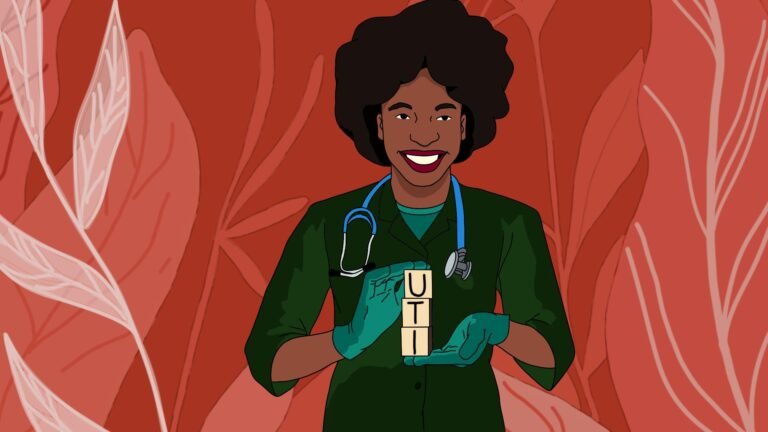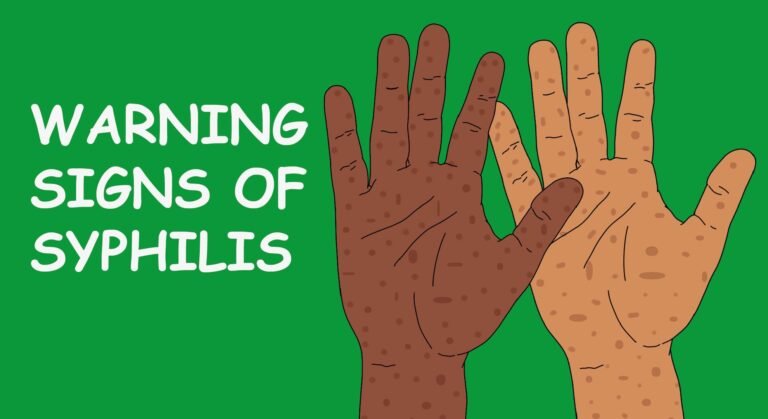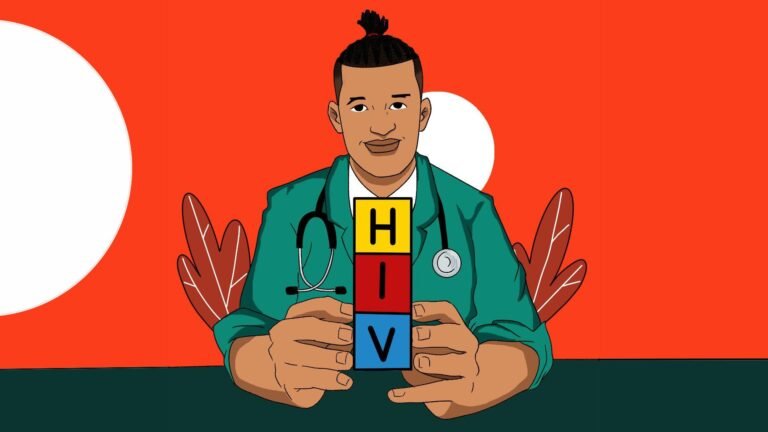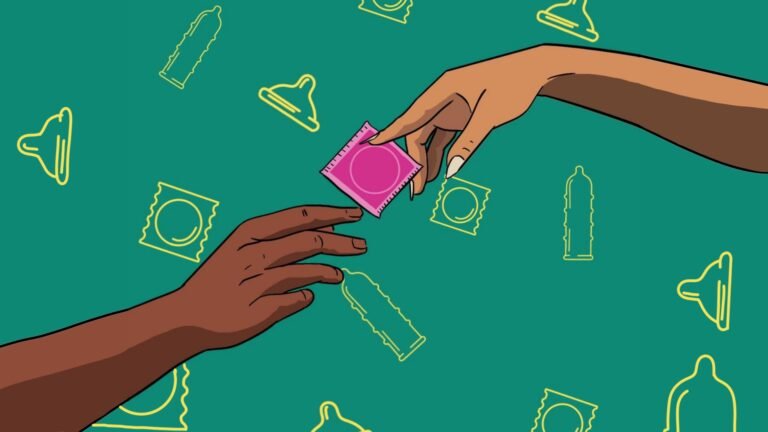Urinary Tract Infection
Urinary Tract Infection What is a urinary tract infection (UTI)? A urinary tract infection (UTI) is an infection that affects parts of the urinary system, which includes the bladder, kidneys, ureters, and urethra. UTIs happen when bacteria, fungi, or viruses get into the urinary tract, leading to discomfort and other symptoms. UTIs are very common,…








